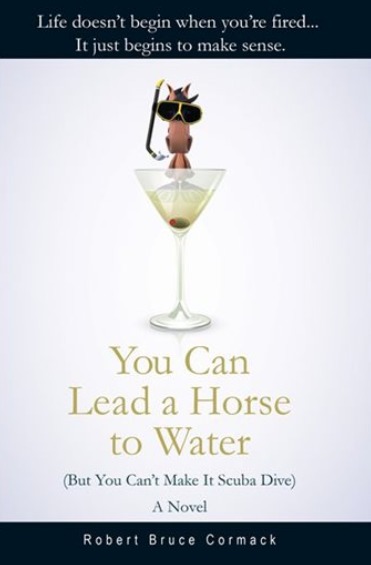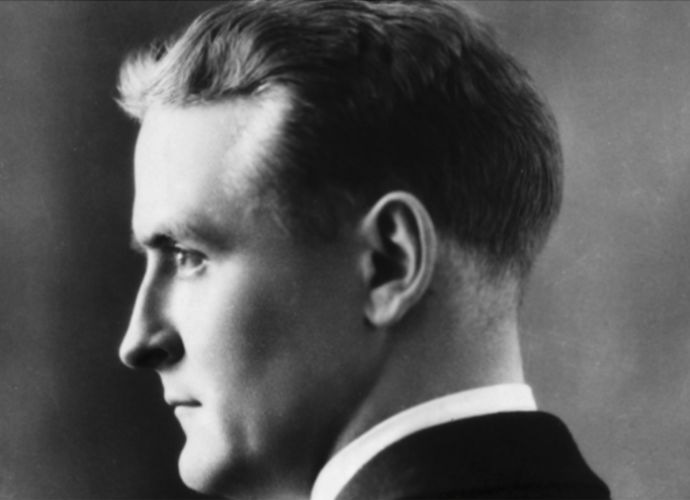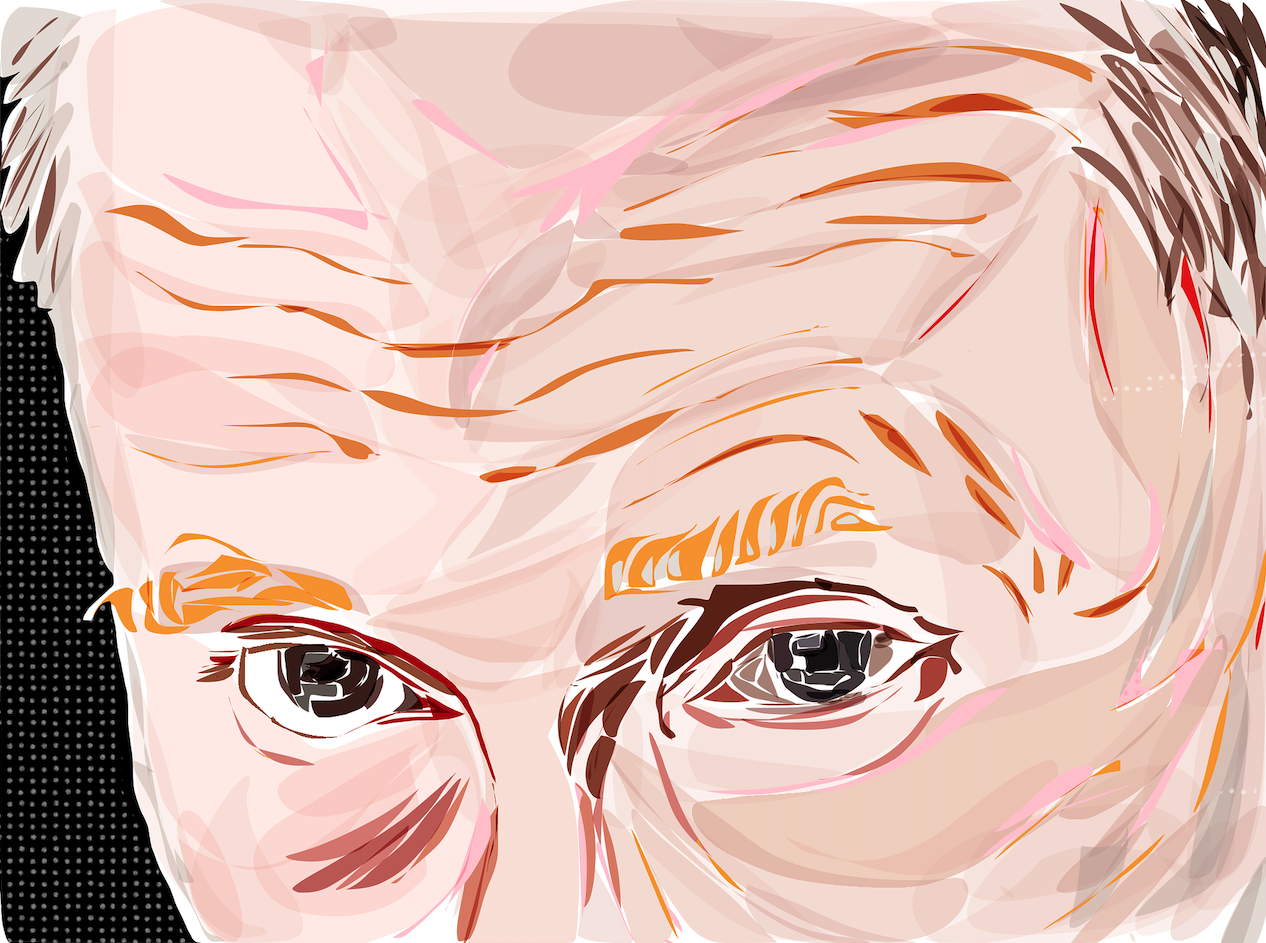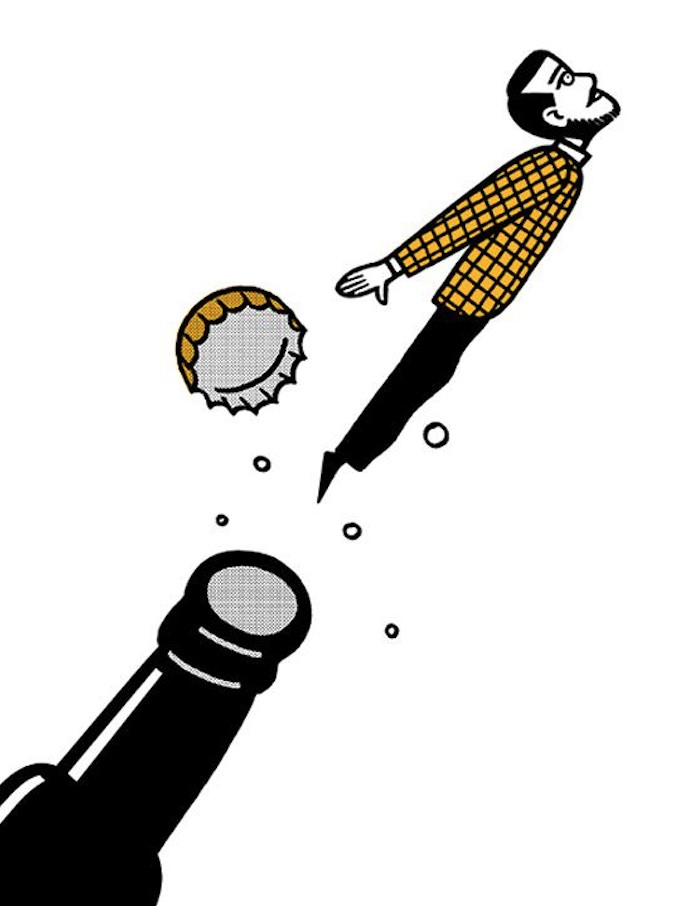Why People Bug Us.
We often hate in others what we hate in ourselves.

“It’s possible to love a human being if you don’t know them too well.”Charles Bukowski
Charles Bukowski couldn’t stand William S. Burroughs. They shared some speaking engagements, occasionally staying at the same motel. Bukowski remembered going to the ice machine one time and seeing Burroughs sitting at his window. “The man was sitting there like a ghost,” Bukowski later wrote. “I didn’t want any part of that guy. He gave me the creeps.”
Here you had two writers with similar histories: drug abuse, alcohol abuse, cult success, yet they hated each other. I asked a psychiatrist friend about this and he called it “mirroring.” We hate in other people what we consciously or subconsciously see in ourselves.
At one time, Jack Kerouac and Henry Miller were living in Big Sur. A mutual friend, beat poet, Lawrence Ferlinghetti, introduced them. Both authors were enjoying considerable recognition after years of being largely ignored, yet hardly two words were exchanged. Kerouac finally walked out.
Joan Crawford and Bette Davis came up through the same studio system, fought it, achieved similar success, yet they hated each other. Robert Aldrich, their director on “What Ever Happened to Baby Jane?”, claimed they drove him crazy with their bickering and upstaging. Even after receiving five Academy Award nominations for the film, they never reconciled.
“If you damn guys are gonna sit here and stare at me all night, I”m going to bed.”
After many months of trying to coordinate schedules, a meeting was arranged between Elvis Presley and The Beatles. When the day finally arrived, The Beatles were escorted into Elvis’s living room. After five minutes of silence, Elvis said, “If you damn guys are gonna sit here and stare at me all night, I’m going to bed.”
Things loosened up when Lennon asked Elvis why he was doing so many “soft” songs. “What’s wrong with good old rock n’ roll?” Lennon asked. They ended up playing a few tunes and joked around, but the quips were forced and the musicial giants parted without establishing any real friendship.
If “mirroring” is the problem, is this a case of ego or insecurity?If it’s ego, then it’s understandable in artists. Nobody likes to think their ego is inflamed or inflated, so seeing it in others with similar success could be unsettling.
“Just as you don’t want to look in the mirror anymore, you don’t want to look at them anymore.”
Still, what about the rest of us? We’re not dealing with the same kind of inflated egos as Elvis or The Beatles. So what makes us hate people we see as similar to ourselves?
“Something just rubs us the wrong way,” my psychiatrist friend explained.“Maybe it’s more apparent with stars. It’s like looking in the mirror one day and deciding you hate your face. You can’t explain why, but it doesn’t change the way you feel.
My sister and father never got along. Their arguments followed a similar pattern, each saying awful, hurtful things.They ended up not speaking to each other right up until my father’s death. Family members tried reaching out to my sister, but she still bore the same hatred, continually talking about all the injustices she’d suffered growing up.
It continued because my father’s death removed the “mirror” but not the hatred my sister felt for herself. When we hate, it’s far more visual than we realize. We don’t see it. We wonder why others do. We expect sympathy, forgetting that other people don’t necessarily share our feelings, just like superstars don’t necessarily share their egos.
It’s like when we avoid angry people. We know their anger will spread, drawing us in, making us angry and bitter as well.
When we hate, it’s far more visual than we think.
Avery old Holocaust survivor was once asked, “Do you still hate the Nazis?” “No,” he said. “To hate them would allow them to still hurt me.”This man had come to peace with himself, putting the pain of those years behind him.
If we go back to Bukowski for a minute. Through his writings, he made no secret of his own self-loathing. Burroughs essentially arrived at the same thing in “Junkie.” It could be said that their admissions showed a healing process, but they both went to their graves with unresolved issues.
By ignoring Burroughs at the motel that day, Bukowski was trying to avoid looking at himself. We can dismiss people, but are we dismissing something in us at the same time?Are we afraid of giving ourselves “the creeps”?
Raymond Carver told a story once of John Gardner who taught him at one point. Carver asked a publisher friend if he could set up a dinner with Gardner. “I wanted to tell John how much he helped me,” Carver explained.
People respected Gardner but loved Carver. It’s like twins, one being loveable, the other distant and unloved. Gardner was the unloved twin.
The dinner was arranged, but every time Carver tried to talk to Gardner, his mentor moved away. Clearly, Gardner didn’t want to talk, yet the men had never argued.
Gardner eventually explained what happened. He confessed he never liked Carver’s writing. When Carver achieved international fame, Gardner realized why. They were both similar — in some ways the same — but Carver opened himself up in his stories while Gardner hid behind his academia.
People respected Gardner but loved Carver. It’s like twins, one being loveable, the other distant and unloved. Gardner was the unloved twin.
When Tommy Smothers used to say to Dick, “Mom always liked you better,” it reminded us of sibling rivalry. Do we hate the “mirror” when one is loved more than the other?
The question is, will we continue to let it?Will those mirrors allow hatred to remain? Obviously, we can’t remove all the mirrors. What we cando is examine ourselves.
If that gives us “the creeps,” maybe that’s where the work begins.
Robert Cormack is a freelance copywriter, novelist, journalist and blogger. His first novel “You Can Lead a Horse to Water (But You Can’t Make It Scuba Dive)”is available online and at most major bookstores. Check out Yucca Publishing or Skyhorse Pressfor more details.

Articles from Robert Cormack
View blog
A year later, he earned 20 times that. · “No decent career was ever founded on a public.” F. Scott F ...

It could be worse than losing. · “We are what we pretend to be, so we must be careful what we preten ...

All I did was write the first Canadian rock jingle. · I still remember how we wore our jeans with le ...
You may be interested in these jobs
-
Volunteer Role: QA Tester
3 weeks ago
Alive HouseWe are seeking detail-oriented QA Tester/Analyst to ensure our marketplace platform is seamless, accessible, and reliable for our users. · Collaborate: Work closely with the development team to understand feature requirements and user stories. · Test Design & Execution: Design an ...
- Fullscript Montreal
We're an industry-leading health technology company on a mission to help people get better.We build tools that make care smarter and more human. · ...
-
Customer Success Representative
4 weeks ago
Klyck Corp. RemoteWe're looking for a proactive, detail-oriented Customer Success & QA Representative to support both our users and our product development team. This hybrid role is ideal for someone who enjoys helping customers succeed *and* has a knack for spotting issues, documenting bugs, and ...


Comments